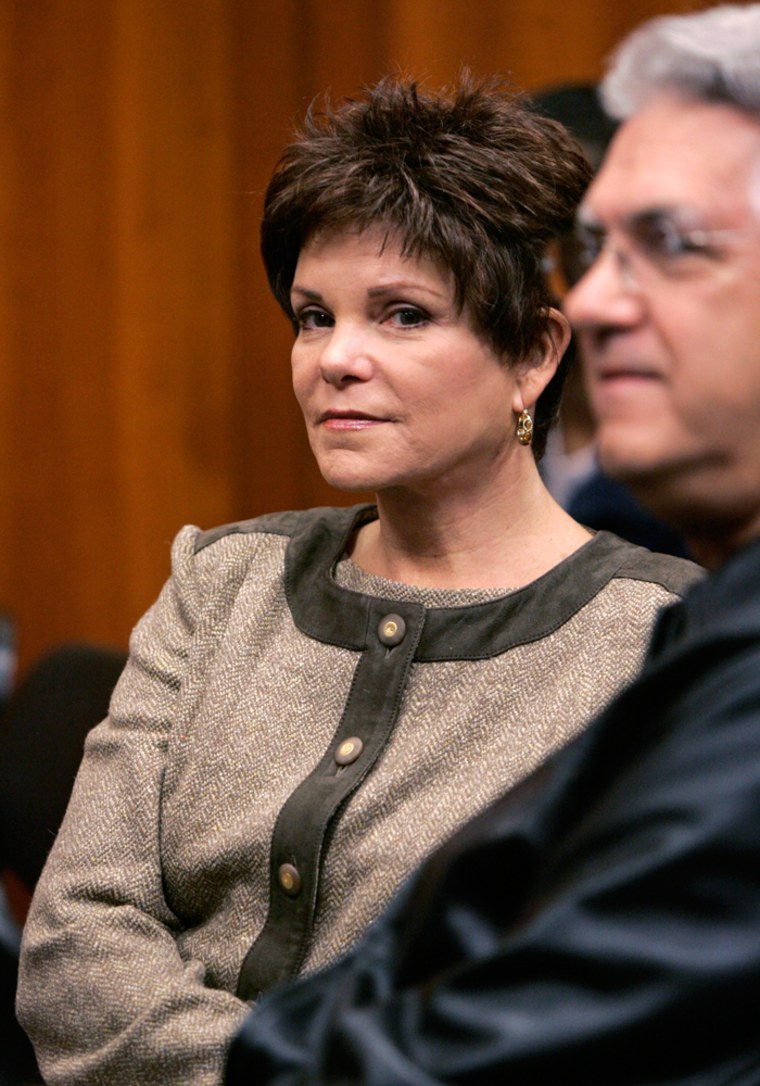Former Hewlett-Packard Co. Chairwoman Patricia Dunn pleaded not guilty Wednesday to four felony identity theft and fraud charges for allegedly instigating the company’s ill-fated spying probe into boardroom leaks.
Dunn appeared briefly for her arraignment in Santa Clara County Superior Court and was released on her own recognizance after her lawyer entered the plea for her.
She and her attorney, Raj Chatterjee, declined to comment as they left court.
Dunn, 53, is one of five people charged in the computer and printer maker’s clandestine efforts to unmask board members who discussed company business with reporters. Investigators used a shady ruse known as “pretexting” to obtain the confidential phone logs of directors, reporters and others to trace the source of the leaks.
Testifying before a congressional in September, Dunn said she was repeatedly reassured by HP’s lawyers about the legality of its detectives’ subterfuge.
She resigned from HP’s board after the scandal broke in early September. The two-time cancer survivor recently began chemotherapy for ovarian cancer.
Kevin Hunsaker, HP’s former ethics chief who allegedly directed the probe, pleaded not guilty last week and was released.
Three private investigators — Ronald DeLia, Matthew DePante and Bryan Wagner — have also entered not guilty pleas and were released.
Lawyers for all the defendants are scheduled to appear in court again Friday to discuss the schedule for future hearings.
The defendants each face four counts: use of false or fraudulent pretenses to obtain confidential information from a public utility; unauthorized access to computer data; identity theft; and conspiracy to commit each of those crimes.
Each charge carries a fine of up to $10,000 and three years in prison.
